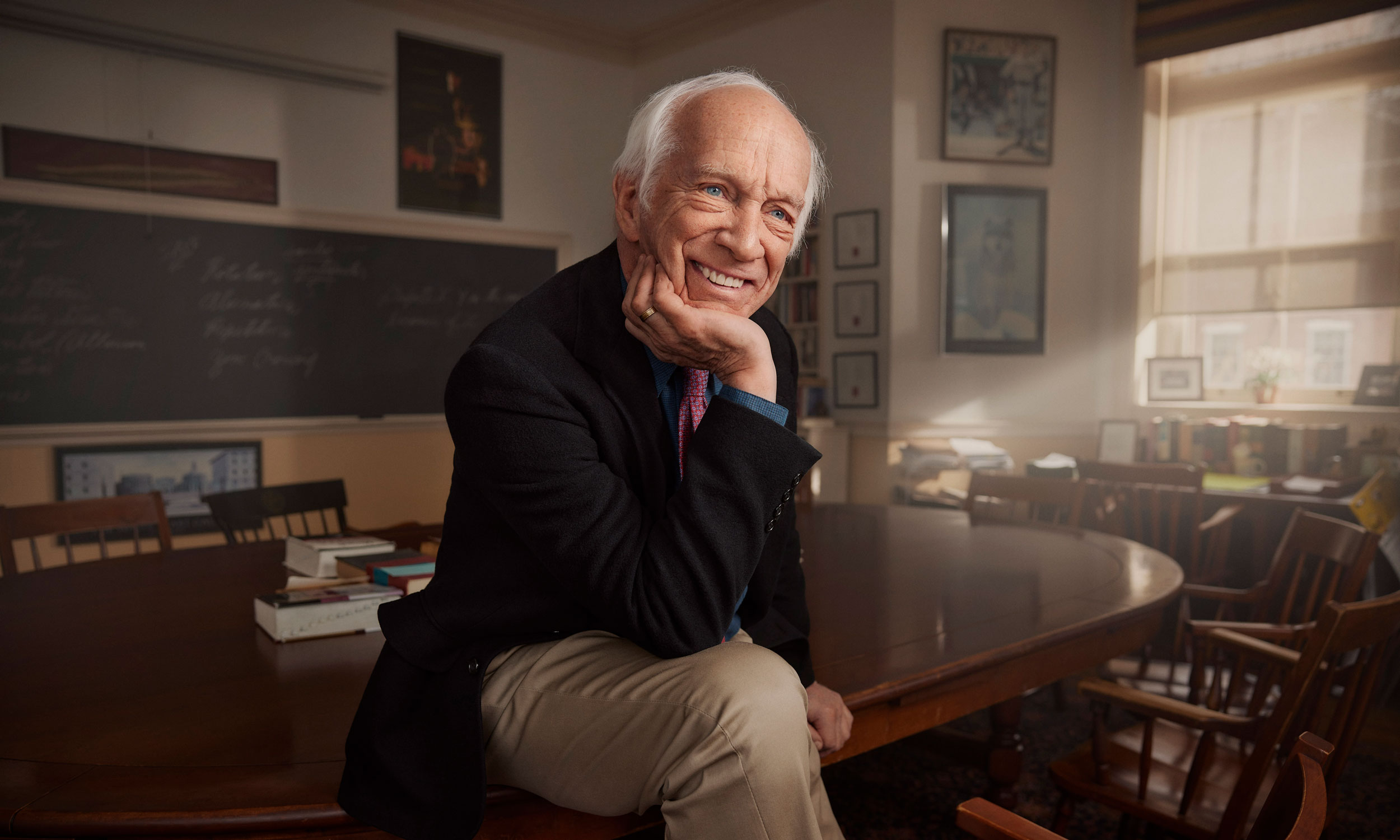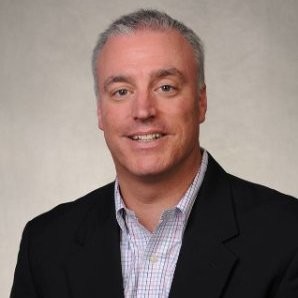

The Fork in the Road
In 1969, after a stint in professional baseball and two years teaching at Peddie School, Benjamin Champneys “Champ” Atlee ’62 H’74 ’75 ’79 ’80 ’83 ’84 ’87 ’89 ’06 P’92 received an offer to return to his alma mater as the housemaster in Woodhull. Atlee shared the rest of the story here.
In 1969, after a stint in professional baseball and two years teaching at Peddie School, Benjamin Champneys “Champ” Atlee ’62 H’74 ’75 ’79 ’80 ’83 ’84 ’87 ’89 ’06 P’92 received an offer to return to his alma mater as the housemaster in Woodhull. Feeling quite serious about literature, he had to weigh it against a spot in a Ph.D. program at Princeton.
Even after a conversation in the university office of esteemed scholar A. Walton Litz, Atlee remained torn. “I can remember trying to get him to make the decision for me,” he recalls. Leaving Litz’s office, Atlee overheard a conversation between two young men, one of whom had received his Ph.D. and just accepted his first job: teaching freshman composition at the University of Wyoming. Atlee still recalls his reaction: “I said to myself, I’m going to Lawrenceville.”
As he prepares to spend more time with his wife, Annette – “who means so much to me that it goes beyond discussion” – and savor the graduation of their daughter, Olivia, from Denison University this spring, Atlee shared the rest of the story here, condensed for length.
The conversation is always rewarding. That’s been consistent, and that’s obviously one of the reasons that I stayed. Maybe a selfish reason, but you want that. I would argue … that students like this want a conversation from a serious adult about the work. And you can see it in their eyes. They’re not going to be allowed to skim, but most of them don’t want to do that.
Returning to my old school as a teacher … I was so struck that it was assumed that you knew what you were doing. And that colleagueship was important to a young teacher. I was worried that I might be patronized to some degree, because they did remember me as a student. But it was as though you just passed through this window. This has been an especially good place to work … because short of being an associate professor at Amherst or Williams, I would not get to teach such able students. I mean, the conversation is always rewarding. That’s been consistent, and that’s obviously one of the reasons that I stayed. Maybe a selfish reason, but you want that. I would argue … that students like this want a conversation from a serious adult about the work. And you can see it in their eyes. They’re not going to be allowed to skim, but most of them don’t want to do that. I almost left Lawrenceville … in 1976. I’d been working in the [baseball] program, but there were other people more senior at the head of the program. And I thought I was beginning to run out of time; if I didn’t take a head coaching position pretty soon, I wouldn’t really be a very good candidate. So, I gave some thought to going to Vermont Academy; they had made me an offer. But quite suddenly it all fell into place, and was the varsity coach for 36 years.
My coach at Lawrenceville … Jack Reydel [H’60 ’62 ’65 ’67 ’68], was my greatest supporter when I was coaching all those years. As a coach, he was an interesting mix of seriousness and friendliness. Clearly, he meant business, but he never frightened his players either. I’m particularly proud of … winning the Mercer County Baseball Championship in 1998, and then again in 2000. We won 18 independent school state championships in that time, and some of those were pretty dramatic, but the most intense competition was the Mercer County Tournament. Those two championships in baseball mattered, but … in the early 1980s, I went into New York to the 92nd Street Y on Monday nights to take a couple of courses, because I wasn’t very happy with my acquaintance with contemporary poetry. And I took a course from a guy named Sandy McClatchy, who was the editor of the Yale Review, and was one of the more significant critics of American poetry. And so now, as it turns out, I’m a published poet, and I’ve been nominated twice for Pushcart Prizes. My name has always struck me … as being a little fancy, but I’m named after the ship surgeon [Benjamin Champneys, a direct ancestor] on the frigate U.S.S. Philadelphia under Capt. Stephen Decatur Sr. It’s the same ship that Decatur burned in Tripoli Harbor. It’s always an honor to … be asked to be an honorary member of a class, especially as you become increasingly aware of who those people are, and then putting together what your relationship with them was and why they might do this. I was a housemaster for ten years and … as I was giving my final speech, I got halfway through it, and suddenly it just hit me like a ton of bricks. I probably was in tears, I don’t know, but it just stopped me short right in the middle of the speech, because it had been so much a part of my life. I wonder whether my students know … how much I enjoy them, because I think my reputation is to be fairly hard-nosed, you know? I’ve never trusted myself … in situations or in subjects that didn’t really interest me. I have a capacity to get careless and sloppy about it, something I discovered about myself over time. So, I really need to know that I’m engaged, I got to have that feeling of pursuit, and then I’m good. Then I feel content.
